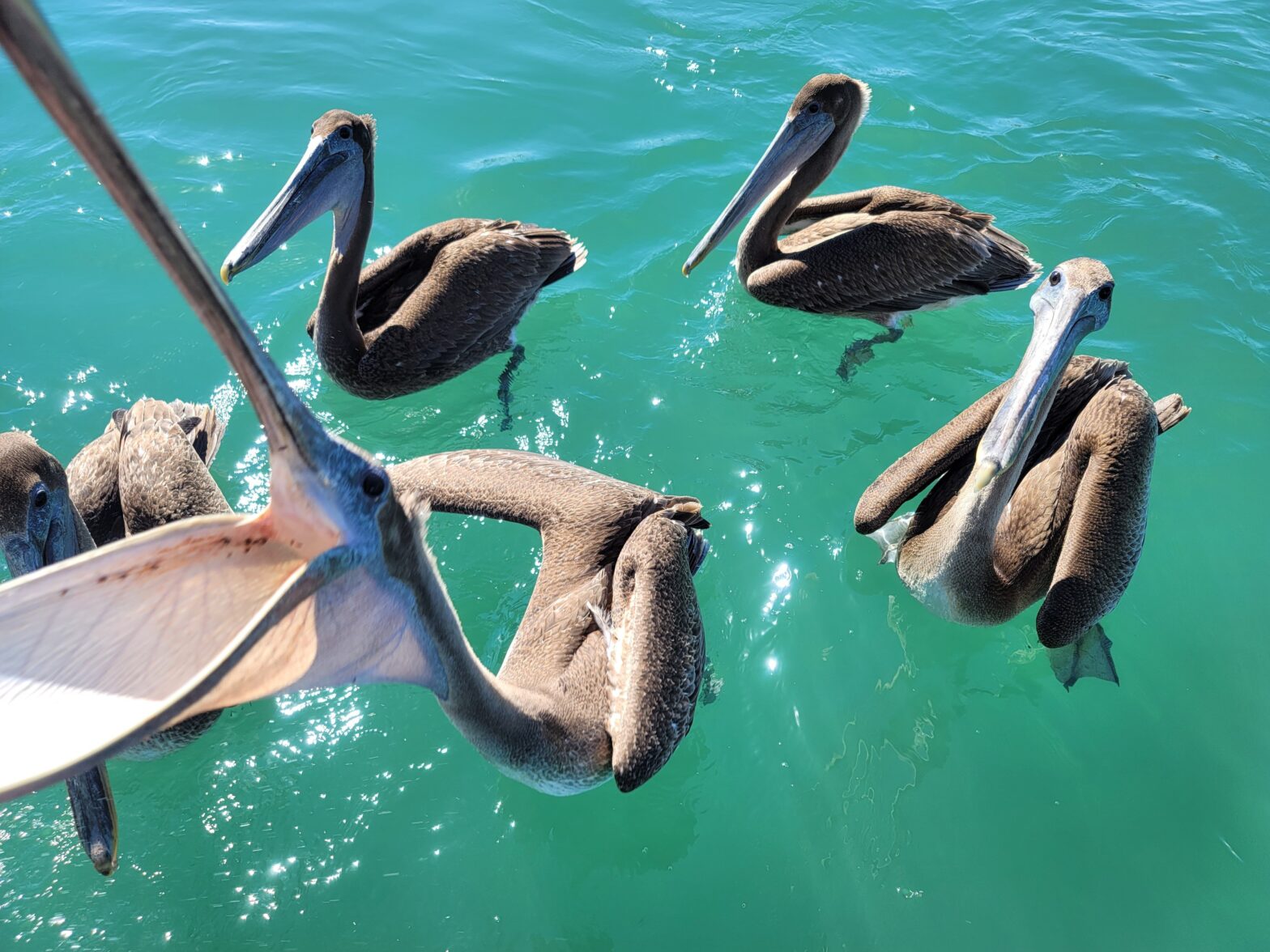I like writing about things that I used to be terrible at but am now good at, because I can be sure that those things could be learned by anyone. In the past I was unable to stick to anything. I went through various phases of convincing myself it didn’t matter and accepting that I would probably never be able to stick to anything because it wasn’t “who I am”.
In particular I had a very tough time sticking with projects. I would start one project, get bored or frustrated or distracted, and switch to a different one. I was only able to change my behavior when I had a few key realizations:
1. If you always switch projects, you will never finish a project, and thus never receive the rewards of that project. This is incredibly obvious, but never comes to mind when we’re thinking about giving up on a project. This doesn’t mean that it’s always best to stick with every project, but it does mean that you have to have some ability to finish a project.
2. When I want to quit a project, it’s usually because I’ve experienced most of the downsides and none of the upsides. If I’m halfway through a programming project I’ve done a lot of work, have probably experienced a bunch of frustration, still have some outstanding issues to deal with, and haven’t made a single customer happy or received a single penny. It’s important to recognize that this is exactly the wrong position from which you should make a decision.
You must also realize that you are comparing apples to oranges. We never know all of the obstacles or downsides of a new project, so we are comparing reality with fantasy. That’s not a fair comparison.
3. Completing one project makes it more likely that you can complete another project. Quitting early makes it more likely that you’ll quit likely next time. For that reason, we should bias ourselves towards completion, all other things being equal.
Once I had these three realizations I began to stick to things. My simple rule was that I finish what I start, no matter what. This sounds simple, but it has some big implications.
Most important, it means that I have to be very careful about what I start and that I need to know where my stopping point is. If I know that I will finish everything I start, I am much more diligent about making sure it’s a good idea and I think more about what might be difficult or unpleasant about the project.
The stopping point that I choose isn’t a final destination, but rather a waypoint where I get to decide whether to keep going or not. I always tie it to a time where I will have received some benefit for my efforts and can see the beginnings of real success. For example, if I were to start a business, I would say that I can stop once I get ten customers. That means that I have to do the work of building the product and sharing it with other people, but if I start receiving that success and don’t think that it’s the best thing for me to do, I can still quit.
For a long time, I considered my primary identity to be an “executor”. Not the guys who work the gallows, but someone who just got things done. I looked for evidence that I was an executor, like getting a lot of tasks done in a day, and when I fell short of that level I reminded myself that I was an executor, so I should just keep executing. It’s easy (and seductive) to get attached to an identity of a dilettante, but it’s better to think of yourself as someone who sees things through to the end, and to try your best to live up to that identity.
Last, think about people you admire who had the kind of success that you’d like to have. How many of them chose projects and saw them through to the end? How many of them hopped from project to project, giving up when they faced resistance? I always find it hard to think of even one person who is the former.
Having the ability to stick to one thing and see it through to the end is a valuable, and maybe even necessary, skill for reaching your goals. First understand and convince yourself why it is important to see things through to the end, understand the pitfalls that will lay in your path, and adopt the identity of someone who sticks to things.
###
Photo is some crazy pelicans we saw in Cabo.
I did a live YouTube “office hours” with my friend Noah Kagan. It was so much fun. Should I do one for my readers too?

Leave a Reply